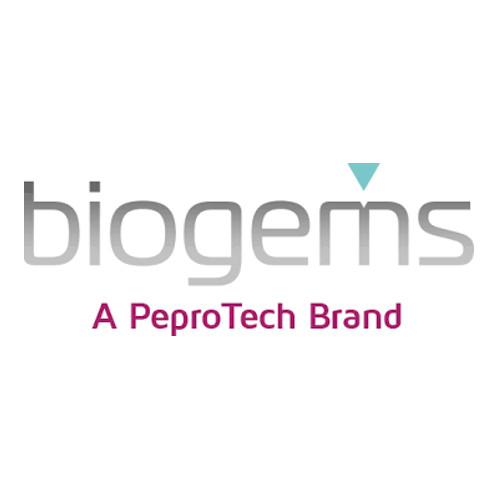CD103 / APC / 2E7
Product Details
| Description | The 2E7 monoclonal antibody specifically reacts with mouse CD103, a type I transmembrane glycoprotein in the integrin family that bind to E-cadherin. CD103 is expressed on intraepithelial lymphocyte T cells, peripheral regulatory T cells, lamina propria T cells, and a subset of dendritic cells. It is reported to be involved in T cell homing and immune system regulation. | |
|---|---|---|
| Conjugate | APC | |
| Clone | 2E7 | |
| Target Species | Mouse | |
| Applications | FC | |
| Supplier | BioGems | |
| Catalog # | Sign in to view product details, citations, and spectra | |
| Size | ||
| Price | ||
| Antigen | ||
| Host | ||
| Isotype |
About CD103
Integrins are heterodimeric integral membrane proteins composed of an alpha chain and a beta chain. This gene encodes an I-domain-containing alpha integrin that undergoes post-translational cleavage in the extracellular domain, yielding disulfide-linked heavy and light chains. In combination with the beta 7 integrin, this protein forms the E-cadherin binding integrin known as the human mucosal lymphocyte-1 antigen. This protein is preferentially expressed in human intestinal intraepithelial lymphocytes (IEL), and in addition to a role in adhesion, it may serve as an accessory molecule for IEL activation. [provided by RefSeq, Jul 2008]
Integrins are heterodimeric integral membrane proteins composed of an alpha chain and a beta chain. This gene encodes an I-domain-containing alpha integrin that undergoes post-translational cleavage in the extracellular domain, yielding disulfide-linked heavy and light chains. In combination with the beta 7 integrin, this protein forms the E-cadherin binding integrin known as the human mucosal lymphocyte-1 antigen. This protein is preferentially expressed in human intestinal intraepithelial lymphocytes (IEL), and in addition to a role in adhesion, it may serve as an accessory molecule for IEL activation. [provided by RefSeq, Jul 2008]
About APC
Allophycocyanin (APC) is a fluorescent protein derived from cyanobacteria and red algae and a potent donor fluorophore to create tandem dyes that can be excited off the 633-640 nm laser. APC has an excitation peak at 650 nm and a emission peak at 660 nm.
Allophycocyanin (APC) is a fluorescent protein derived from cyanobacteria and red algae and a potent donor fluorophore to create tandem dyes that can be excited off the 633-640 nm laser. APC has an excitation peak at 650 nm and a emission peak at 660 nm.
Experiment Design Tools
Panel Builders
Looking to design a Microscopy or Flow Cytometry experiment?
Validation References
Reviews & Ratings
| Reviews |
|---|
Looking for more options?
1190 CD103 antibodies from over 41 suppliers available with over 98 conjugates.





